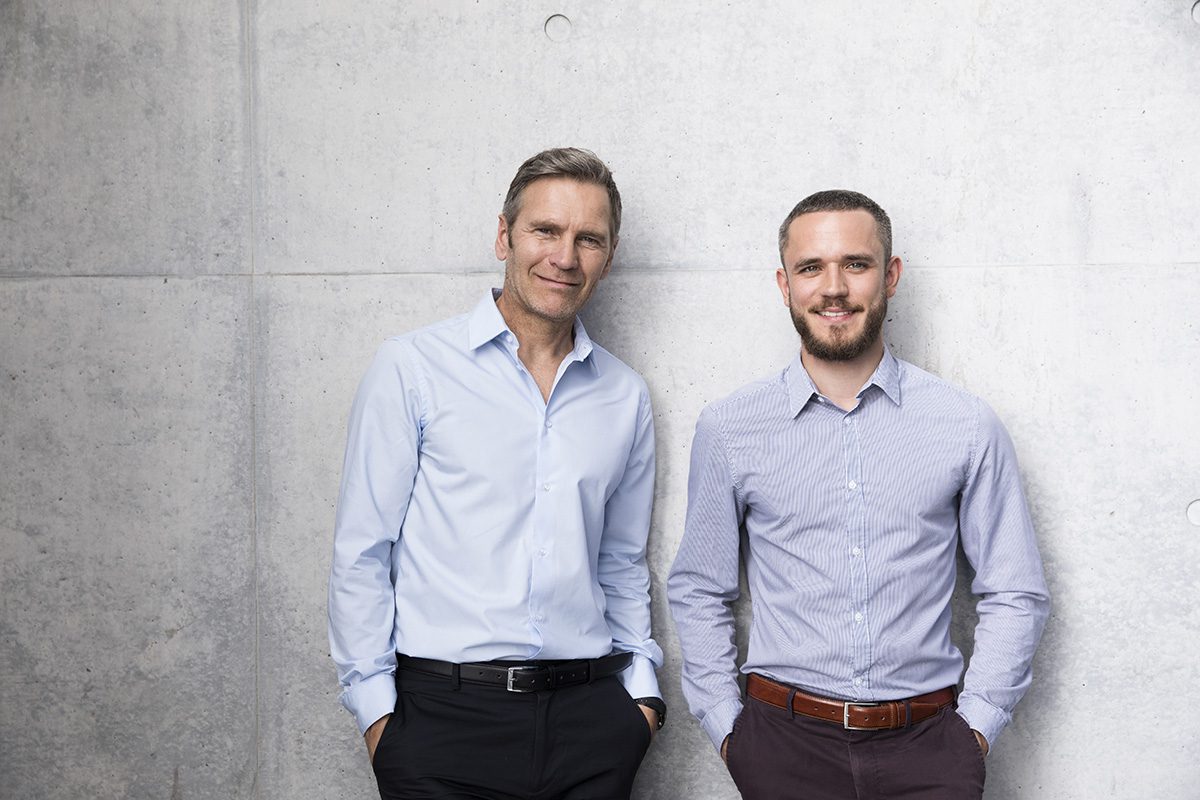Wellbeing replaces Trust as the No.1 Imperative for 2021
By Alan Lyons | 28th January 2021
Five facets for promoting a culture of wellbeing within your organisation.
A research study from Queen’s University Belfast into COVID-19 psychological wellbeing found that a quarter of us are lonely. The 2020 Deloitte Monitor report highlights that one in six workers are experiencing a mental health problem at any one time; and stress, anxiety and depression are responsible for almost half of working days lost in organisations. These findings raise the question; how can organisations create a culture of wellbeing for their employees? I believe there are five facets of creating a culture of healthy high-performance.
- Energy – Sustaining and renewing physical energy to have the capacity to keep going through challenging times.
With more employees working from home than ever before, we are under the ‘constant gaze’ of online meetings. Sustaining levels of energy when working from home is a key challenge, with many of us undertaking physical activity to maintain levels of wellbeing. During 2020, Fitbit reported a global increase with their users engaging in non-gym exercise and stress-reducing activities. Many of these users did not take up these activities for the first time during 2020, rather they re-engaged with these activities which they had previously done to a lesser extent.
Tip# 1: Tap into something you have done previously (or even thought about doing) and make it into a 2021 habit. Ensure you, and your team, schedule short refresher breaks and activities to replenish and recharge.
- Future Focus – Having a clear sense of purpose and direction to help to move forward without getting stuck or feeling held back.
A future focus is good for wellbeing. According to Napoleon Bonaparte, leadership is about being ‘a dealer in hope’, and hope acts as fuel to keep up momentum. While 2020 may have been a bad year for the ‘ego’, in some ways it may have been good for the soul and gives us the opportunity to look forward. Leading with hope requires an optimistic outlook, and when the alternative is pessimism, as Amos Tversky an Israeli psychologist says, ‘if you are a pessimist you suffer twice’, it is worthwhile to look forward averting added discontent.
Tip# 2: Set aside time for you and your team to reflect on your ‘Why’ and the contribution each of you want to make and encourage your team to focus on the bigger picture.
- Inner Drive – Sustaining self-belief when times get tough, displaying confidence, motivation and perseverance.
This facet often reminds me of the bumper sticker ‘Don’t Believe Everything You Think’. Matthew Killingsworth, a Harvard psychologist conducted research which found that approximately 50% of the time people are thinking about something other than what they are experiencing at any given moment to often to escape present anxieties. However, 80% of the time what we are thinking about is more stressful than what we are experiencing. Allow yourself time to reflect when needed to determine the objective realities of your situation.
Tip# 3: Deliberately notice what works well for you. At the end of each day, jot down up to three things that day that have gone well. These will provide you with points of reflection during challenging times.
- Flexible Thinking – Concentrate on the present to enable a positive and adaptive response to change and challenges.
Multi-tasking inhibits flexibility and when working from home, multi-tasking seems to be much more common. In psychology, there is a concept called ‘switching time’ which shows it takes 25% longer to complete a task while multi-tasking. Instead of giving you time, multi-tasking seems to take time away from you.
Tip# 4: Focus on the present, quit multi-tasking.
- Strong Relationships – Building open and trusting relationships and be ready to ask for help during challenging times.
Working-from-home went from feeling like ‘a perk’ to one of ‘isolation’. Yet, creating social connections with colleagues is important for overall wellbeing. Managers can struggle too when leading remotely. Tom Peters of McKinsey championed Management by Wandering Around, however, is it a little trickier to Manage by Zooming Around? Loneliness is detrimental and we are more resilient when we feel a sense of belonging to others. In 2021, create opportunities to connect and build social connections with colleagues.
Tip# 5: Prioritise wellbeing by providing an opportunity to discuss it at the start of every 1:1 conversation. Build an online group with colleagues and encourage them to seek support if necessary.
We cannot change the situation we find ourselves in, however we can transform our experience of it practicing the five tips outlined above as we face in 2021.





